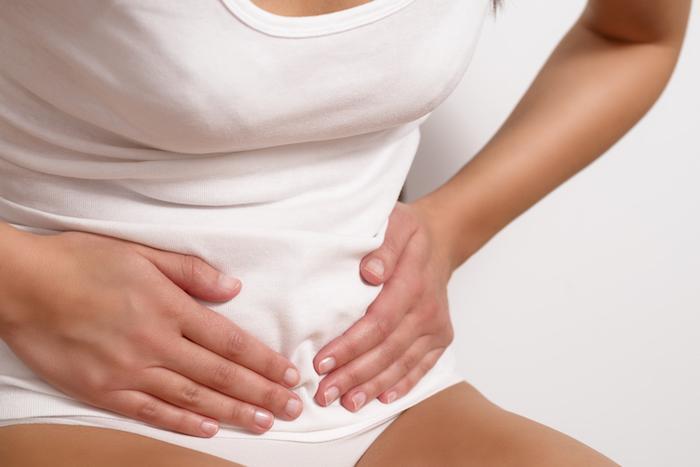Pelvic pain can have many causes
“Pelvic pain” is an umbrella term that covers a wide range of conditions. Dr. Hagberg can determine the origin of your condition by taking a detailed medical history and following it with a physical exam. Some possible diagnoses include:
Endometriosis
Endometriosis is the condition where uterine tissue grows outside of your uterus and adheres to the fallopian tubes, bladder, ovaries, or other surrounding tissues. Women with endometriosis commonly experience pain during sex, bleeding in between periods, painful bowel movements or urination, and infertility. This condition can be diagnosed with a pelvic exam, blood and urine tests, and by asking questions about past sexual health.
Ovarian cysts
Ovarian cysts are small sacs filled with fluid that can develop on your ovaries. Often, they can develop with little to no pain or other types of dysfunction, and they sometimes disappear on their own. But particularly large cysts can cause pelvic pain, bloating, and general discomfort in the abdominal area. A pelvic exam by Dr. Hagberg will tell you whether or not they need to be surgically removed.
Hormone imbalance
The most common cause of a hormone imbalance occurs in women going through menopause, as the body’s estrogen production drops. This can cause vaginal dryness, resulting in discomfort during sex and pelvic pain. A change in lifestyles, such as an altered diet and increased amounts of exercise may be recommended. Hormonal treatments can help regulate your hormones and alleviate your symptoms.
Neuropathic pain
Sometimes neurochemical conditions, such as depression or anxiety, can cause muscular pain or spasms. These conditions can be caused by a loss or traumatic event, and can result in physical aches and pains, along with pain during intercourse from a decreased libido. The right antidepressant, possibly combined with therapy, can help you feel more like your normal self.
Talk to an OB/GYN today
If you’re concerned that your pelvic pain may be abnormal, you can schedule an appointment with Dr. Hagberg by calling 860-356-2042, or booking online. We look forward to hearing from you.

